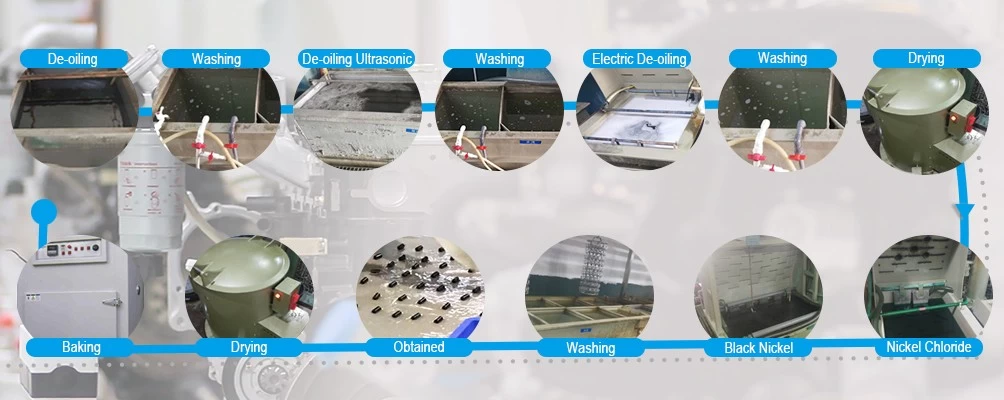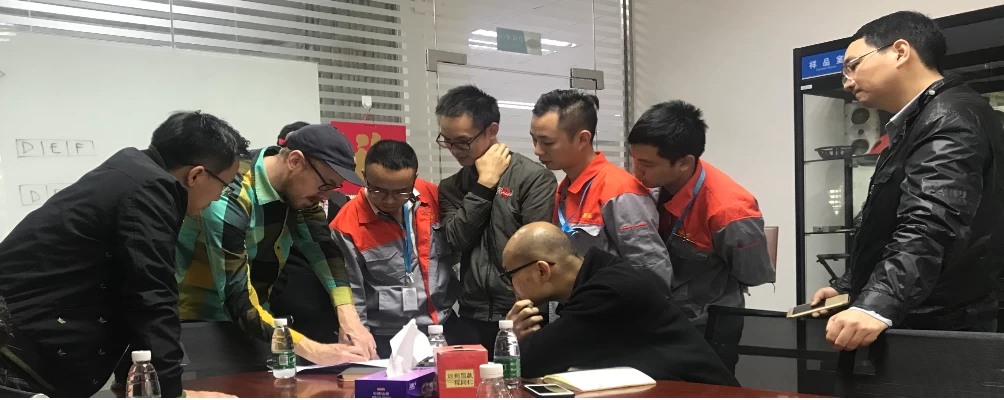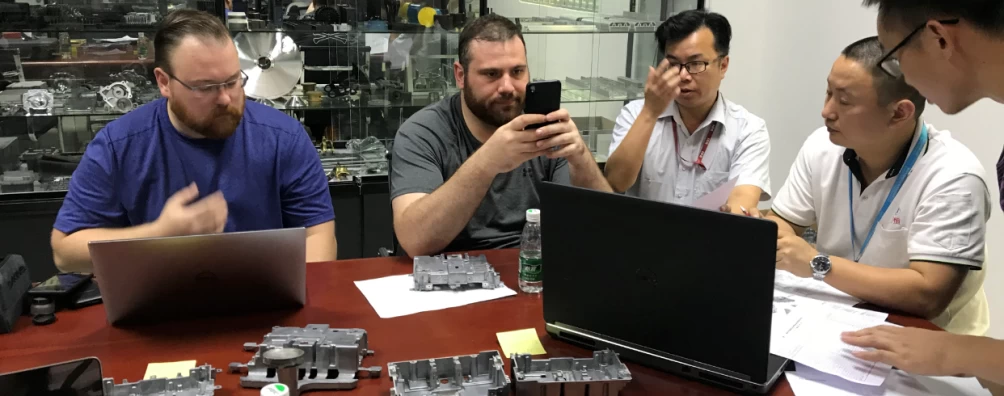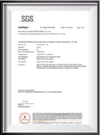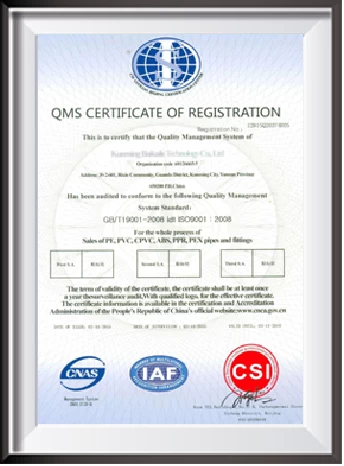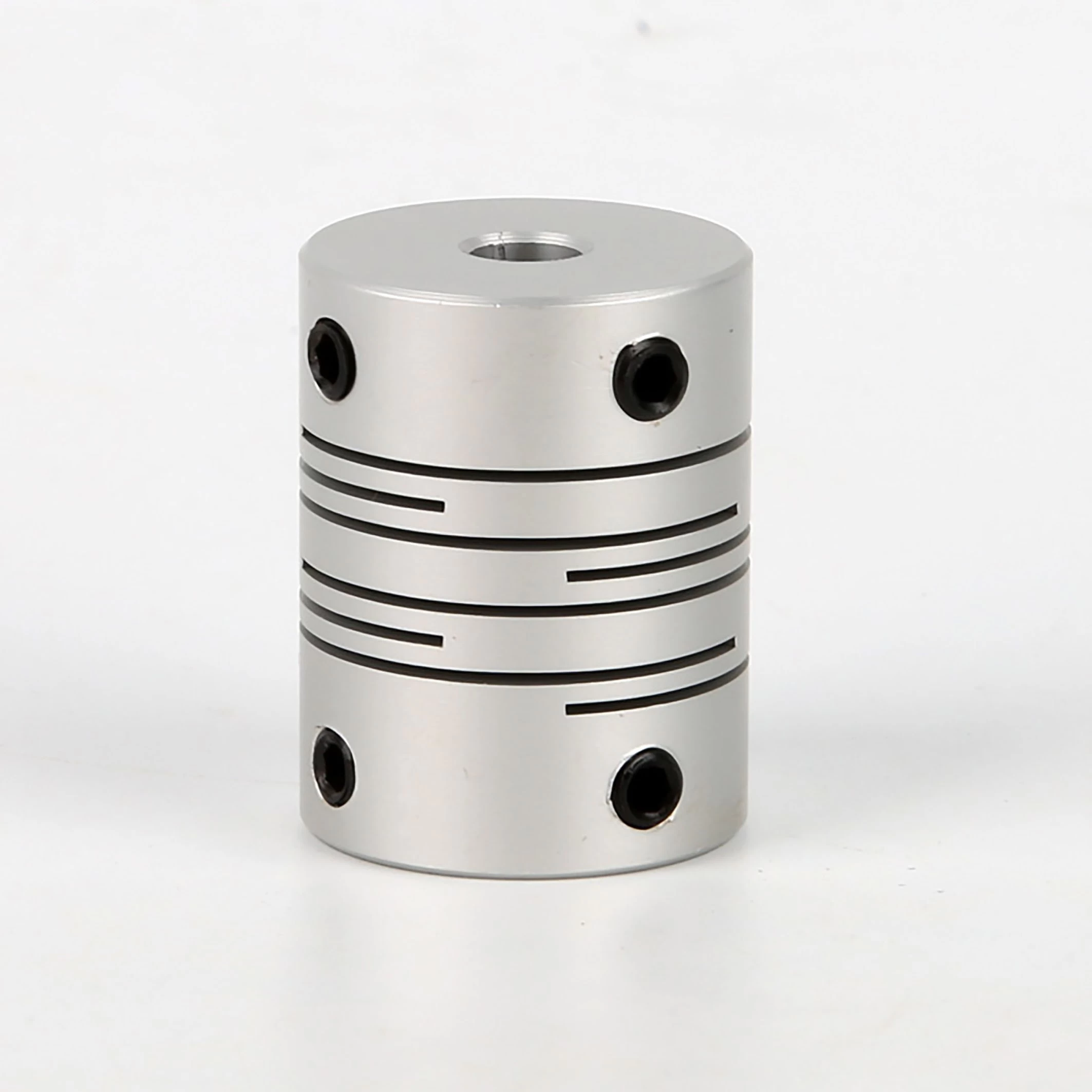Apple is right to worry about the FBI's demands
It may come as a surprise to hear that the FBI aretrying to force Apple to help them hack an iPhone:one used by one of the killers from December’s mass shooting in San Bernardino, California.Does the FBI not already know everything that people are doing on their phones? In fact,Apple’s devices are among the most secure around — and chief executive Tim Cook’s loudproclamation of his wish to keep them so marks the latest broadside in a battle over just howfar the remit of national security reaches.
For the security services, no technology should be secure beyond penetration in the fightagainst terrorism. For tech firms, protecting users’ privacy is a cornerstone of both businessmodels and trust. And if you think this is a little rich coming several years after EdwardSnowden’s revelations of corporate co-operation with the National Security Agency, Google’schief executive Sundar Pichai has posted some clarifying messages on Twitter. It would, heargues, be a “troubling precedent” to require companies actively “to enable hacking ofcustomer devices and data” — something quite distinct from giving “law enforcement access todata based on valid legal orders”.
The issue has arisen because Apple’s latest mobile operating system prohibits anyone fromaccessing users’ data without their unique passcode. (The killer, Syed Rizwan Farook, died in apolice shootout). If an incorrect passcode is entered too many times, an iPhone canirrecoverably delete all data. Hence the FBI’s request, via a court order served on February 16:that Apple create a specially adapted version of its operating system — dubbed the “FBiOS” bysecurity expert Dan Guido — allowing law enforcement to make an unlimited number ofpasscode guesses.
Opinion has divided along predictable lines. Tech firms, digital rights activists and a goodnumber of iPhone users tend to support the privacy principle. State officials and the moreconservatively minded back law enforcement. What is not in dispute is that the precedent atstake is one law enforcement have been seeking to set for some time, and that its outcomewill have profound consequences for security, encryption and privacy.
So far as specifics are concerned, even the most ardent libertarian will have little sympathyfor the privacy of a dead killer. What counts, however, is not the morality of one case, butwhether this constitutes the thin end of a perilous wedge. Here, the proponents of privacyhave a powerful case to make.
Slippery-slope arguments stand or fall on the strength of their evidence for movement fromthe particular to the general. How convincing is it to suggest that security services maydeploy new powers promiscuously once obtained? In the case of technology, the answer seemsto be “very”. The past five years show something little short of mania on the part of the NSAand others for hoovering up data and undermining every encryption going. This is hardlysurprising. It is what they do.
Yet technology presents special hazards under such an approach. Escalation is the rule ratherthan the exception when it comes to tech — as are unintended consequences. The mostdamaging cyber attacks are invisible until they have already begun; the most alarming datalosses often go undetected, and may remain so for years. It is an unforgiving arena in which tojuggle protection and deception. But it is also one in which the very nature of the terrainmakes a certain shared level of security integral to the health of the whole.
Undermining encryption and opening back doors does not just give good guys tools fordetecting bad guys. It also creates official data repositories and tools that are themselvesvulnerable to assault. It exposes everyone to risks of infection and compromise, anddebases vital currencies of trust and co-operation, together with the industries they support.
Once developed, a technique can be used again and again. This is why staying safe in a digitalage is a moving target, and absolute privacy a fantasy. Yet in these fraught circumstances,Mr Cook is right. Our future safety is best served by the best security for all.





